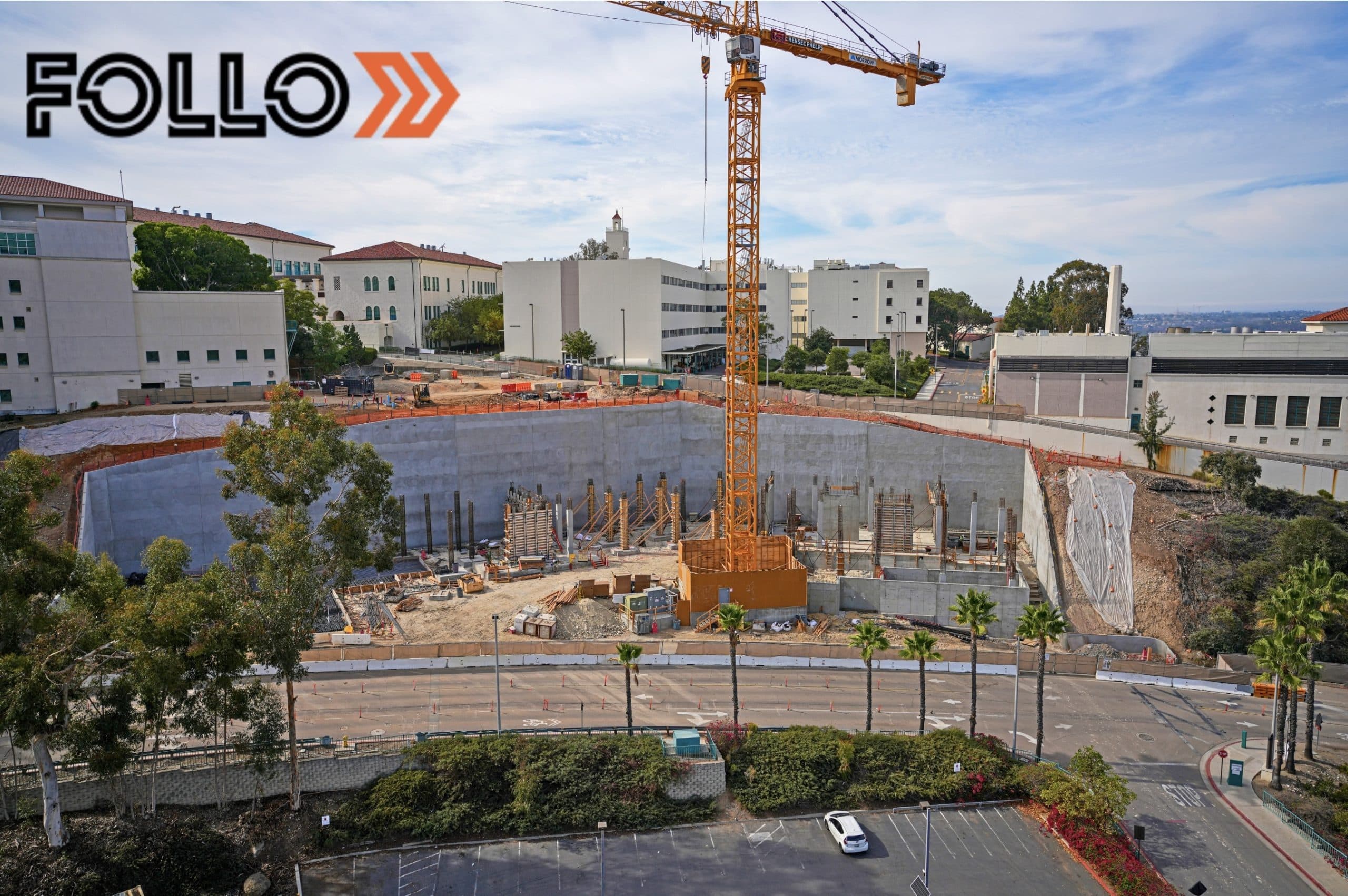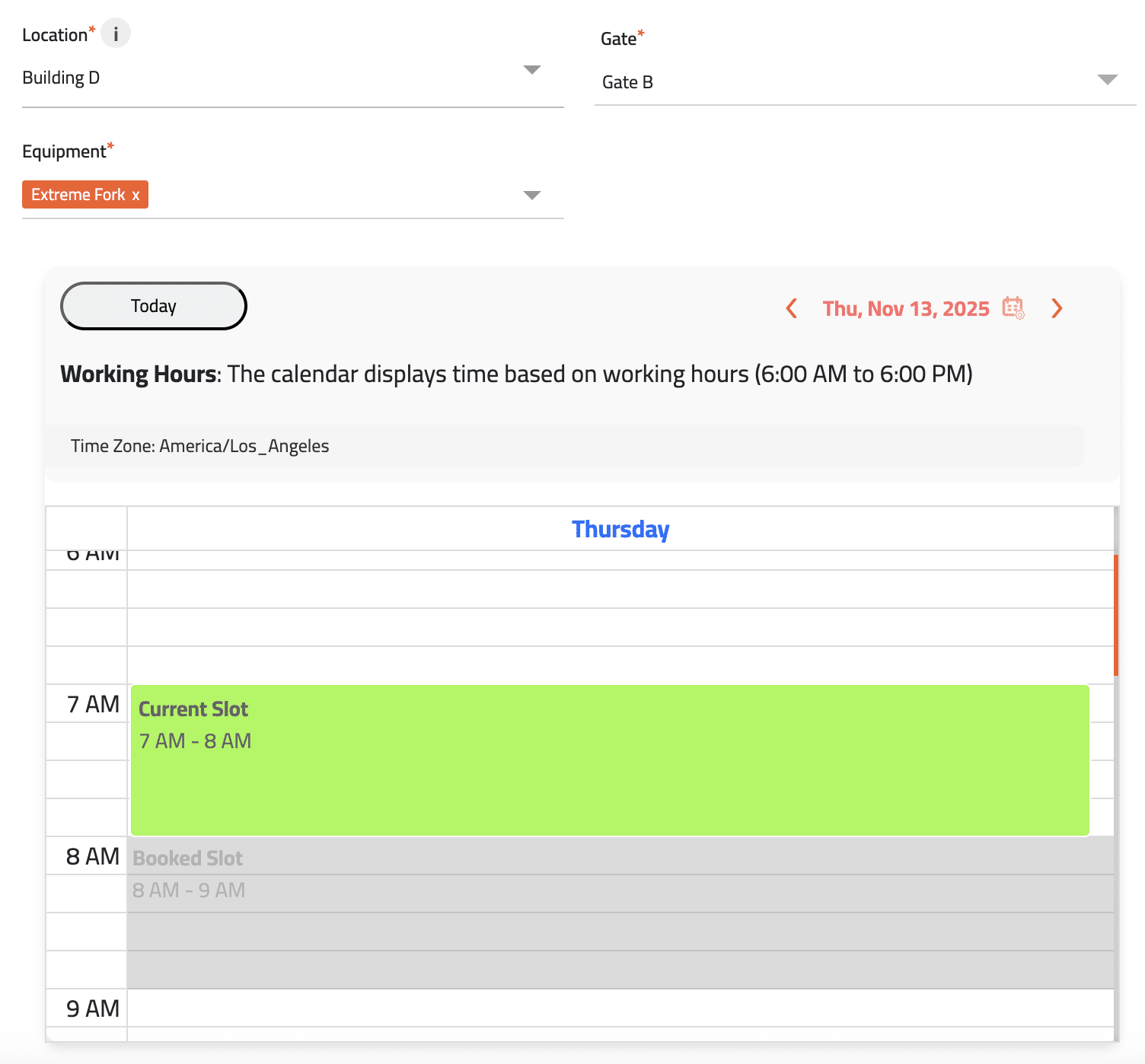Construction projects in Phoenix, Arizona operate within a framework of regulations and codes that are vital for maintaining safety, order, and adherence to local standards. Understanding and complying with these specific codes related to deliveries is crucial for the smooth execution of projects. This article aims to equip construction superintendents with the knowledge and guidance necessary to navigate delivery compliance in Phoenix, Arizona, while still adhering to project schedules.
Familiarizing with Local Codes and Regulations:
- Zoning and Land Use Codes: Phoenix’s zoning and land use codes dictate where and when deliveries can occur. Familiarize yourself with these codes to ensure deliveries are made in designated areas and during approved hours.
- Noise Ordinances: Phoenix enforces noise ordinances that restrict noisy activities during specific hours. Plan deliveries accordingly to comply with these regulations and minimize disruptions to surrounding areas.
- Traffic Management Plans: Construction projects may require the submission of traffic management plans outlining how deliveries will be conducted to minimize disruptions. Work closely with logistics teams to develop and implement these plans.
- Permit Requirements: Certain deliveries may require special permits, such as oversize load permits for large deliveries. Identify and secure any necessary permits well in advance to avoid delays.
- Environmental Compliance: Phoenix places a strong emphasis on environmental protection. Ensure that deliveries comply with regulations related to air quality, noise pollution, and conservation efforts.
Maintaining Compliance and Project Schedules:
- Early Permit Planning: Initiate the permitting process as early as possible in the project timeline. Identify the specific permits required for deliveries and understand the application process. Familiarize yourself with the local permitting authorities and their requirements.
- Documentation and Application Submission: Gather all necessary documentation, including project plans, traffic management plans, and any other relevant information required for permit applications. Submit applications in a timely manner to allow for processing and approval.
- Collaboration with Local Authorities: Establish open lines of communication with local permitting authorities. Seek their input and guidance to ensure that permit applications meet all requirements and address any concerns they may have.
- Alternative Access Plans: Develop contingency plans for site access in case of unexpected permitting delays or road closures. Having alternative access routes identified and approved can help mitigate potential disruptions.
Planning for Smooth Site Access:
- Traffic Management Plans: Create detailed traffic management plans that outline how site access will be managed, including designated routes, traffic control measures, and signage. Ensure that these plans comply with local regulations and permitting requirements.
- Communication with Stakeholders: Keep all relevant parties informed about site access plans, including subcontractors, suppliers, and project stakeholders. Provide clear instructions and schedules to minimize conflicts and ensure smooth operations.
- Regular Site Assessments: Conduct regular assessments of site access conditions. Monitor any changes in traffic patterns, road conditions, or permitting requirements and adjust site access plans accordingly.
Conclusion:
Navigating delivery compliance in Phoenix, Arizona is fundamental to successful construction project management. By understanding and adhering to local codes and regulations, construction superintendents can ensure that deliveries are made efficiently, safely, and in full compliance with the law. Early planning, effective communication, and the use of technology are valuable tools in maintaining compliance while keeping project schedules on track. By following these guidelines, construction superintendents can contribute to the overall success of their projects in Phoenix, Arizona.
For more information on efficient delivery planning, visit Follo’s Delivery Calendar.

